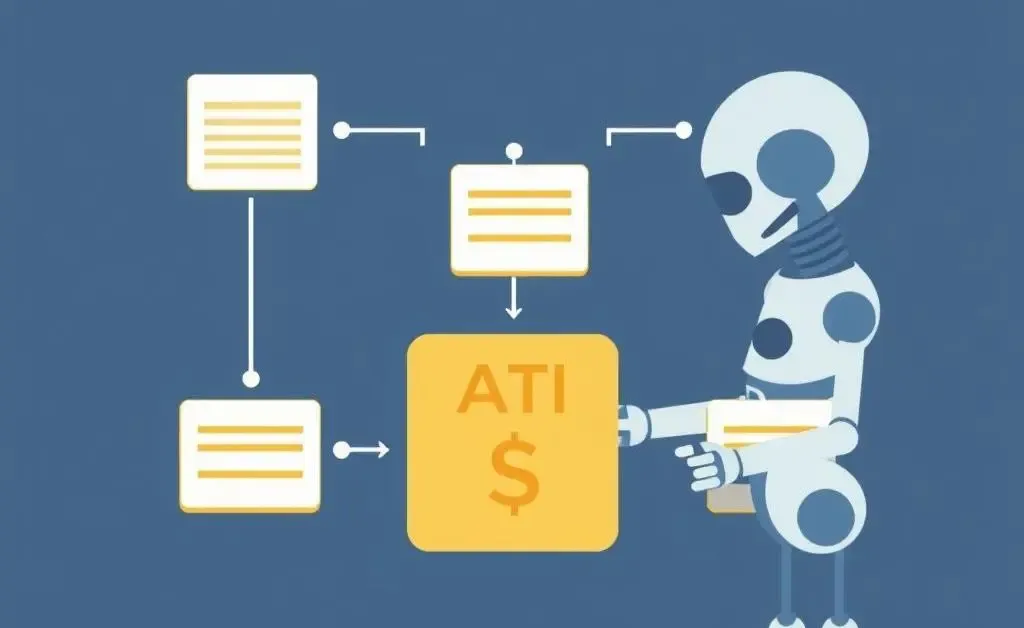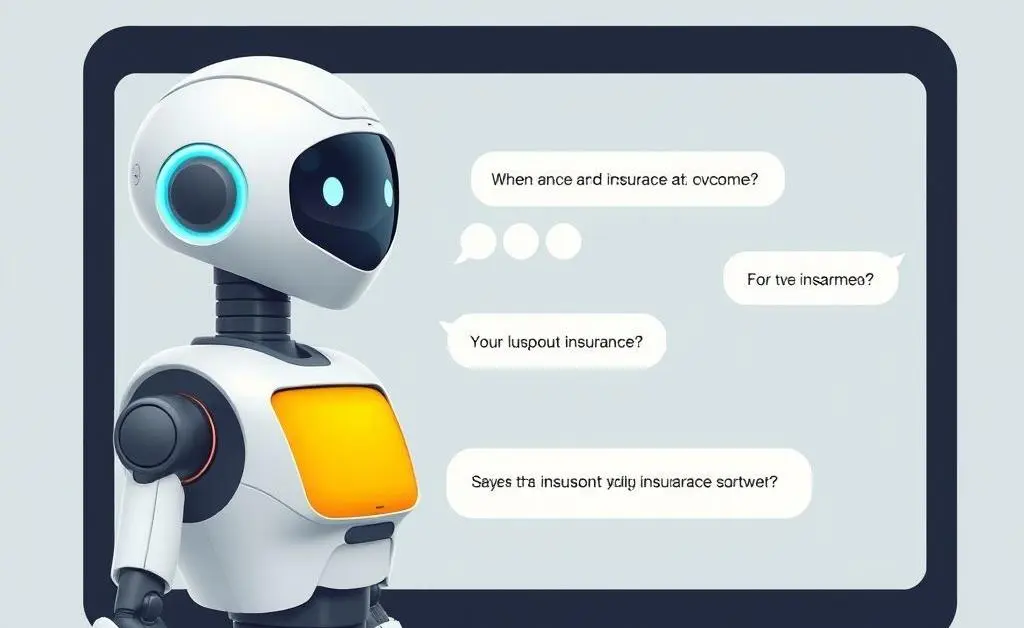How AI is Transforming the Insurance Industry: What You Need to Know
Explore how AI is reshaping insurance, from customer service to claims. What does this mean for you?

Have you ever wondered how artificial intelligence could change your insurance experience? Imagine a world where your insurance policy adjusts to your needs in real-time and claims processing is so seamless that it feels like magic. Well, that world is closer than you might think!
AI Automation in Insurance
Artificial Intelligence is gradually reshaping various industries, and insurance is no exception. From enhancing customer service to revolutionizing claims processing, AI is making insurance faster and more efficient.
Here's how AI is influencing the sector:
- Efficient Claims Processing: AI can analyze large volumes of data quickly, speeding up claim approvals and minimizing human error.
- Dynamic Pricing Models: AI assesses risk profiles more accurately, leading to personalized pricing that benefits both insurers and clients.
- Enhanced Customer Experience: Virtual agents provide 24/7 support, becoming a friendly face in what can often be seen as a daunting industry.
The Human Touch: Navigating AI in Insurance
As insurance companies adopt these technologies, the key question remains: how does this benefit you as a customer?
Imagine this: You’ve had a long day, and now you’re faced with the daunting task of making an insurance claim. Instead of navigating a maze of forms and phone hold music, a friendly AI chatbot guides you, answering questions and simplifying what was once a stressful process.

By creating a simple and personalized experience, AI takes on the mundane aspects, allowing human agents to focus on more complex and personalized customer interactions.
What’s Next? The Future of AI in Insurance
The possibilities for AI in the insurance sector are virtually limitless. As this technology evolves, here are some intriguing areas to watch:

- Predictive Analytics: AI could anticipate customer needs before they even realize them themselves, leading to proactive service.
- Fraud Detection: Advanced algorithms can detect fraud patterns, saving billions industry-wide.
- Greater Accessibility: AI can make insurance more accessible to those who previously might have been underserved by traditional models.
Conclusion: How Do You Feel About AI in Your Insurance?
It’s clear that AI has the potential to transform the insurance industry dramatically. But with change comes both opportunities and challenges. The question remains: how comfortable are you with AI being your go-to for insurance needs? How do you think this will affect human workers in the sector?

I’d love to hear your thoughts! Feel free to share your opinions in the comments below.




